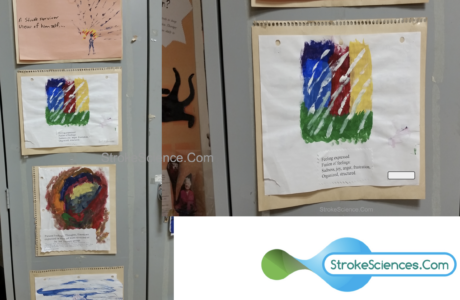
A Patient’s Perspective: The Emotional Burden of Stroke an Important Factor Clinicians often Overlook
A few years back, I was on my way to see a patient on the stroke unit. As I stood at the nursing station to...

A few years back, I was on my way to see a patient on the stroke unit. As I stood at the nursing station to...
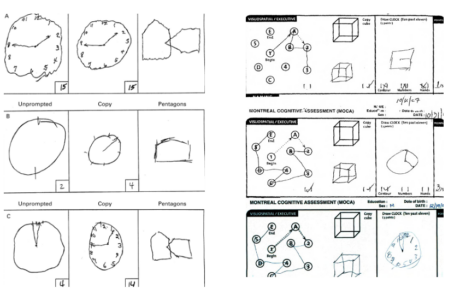
Abstract The need for stratification and a common scale amongst clinicians to evaluate and rate patients cognitive status has led to development of clinical scales...
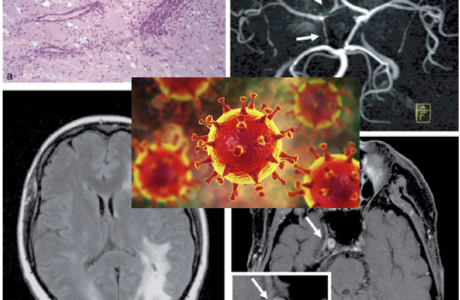
Abstract Although infection-related stroke is not a new topic, recent SARS-CoV-2 or COVID-19 pandemic has caused a widespread media coverage on this topic. Claims and...
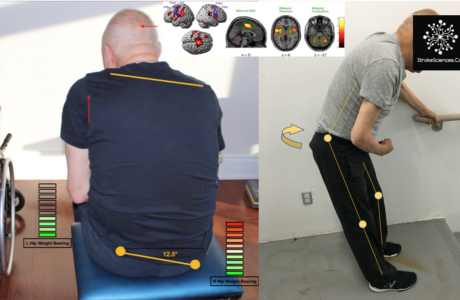
Abstract This paper explores the neural correlates of posture and balance after stroke, and provides visual examples of postural instability in a patient with watershed...
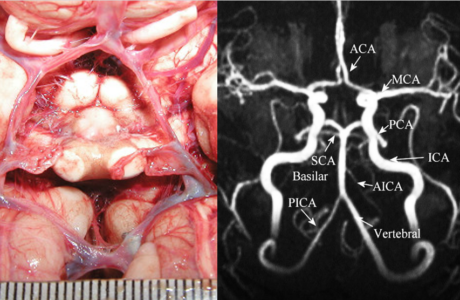
Abstract It is thought that over 50% of the population do not have a complete circle of Willis. This important web of arteries is a...
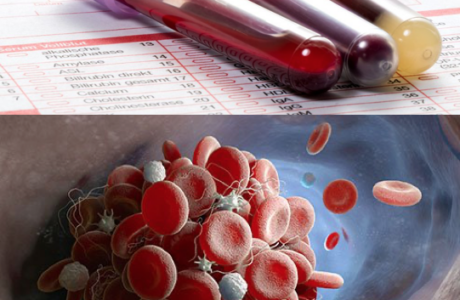
Abstract Lupus anticoagulant (LA) is associated clinically with thrombosis, not bleeding; most patients with LA do not have systemic lupus erythematosus. The laboratory hallmark of...
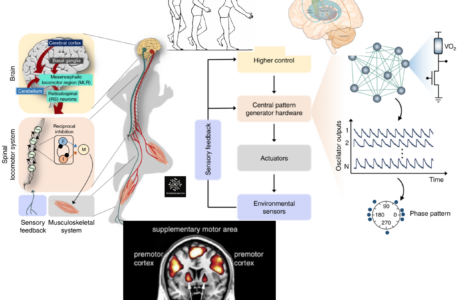
Abstract In humans, movement requires a well-coordinated control of sensory and motor mechanisms, yet mundane tasks such as walking or sitting upright could drastically be...
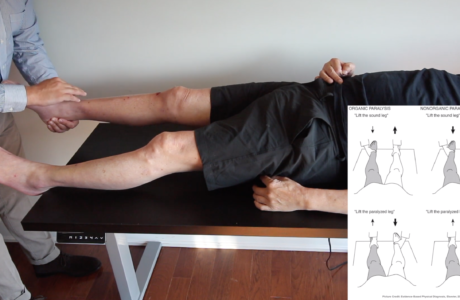
Abstract In acute settings, specifically in the emergency department, physicians often encounter patients with chief complaints of unilateral weakness or hemiparesis. Although imaging studies and...
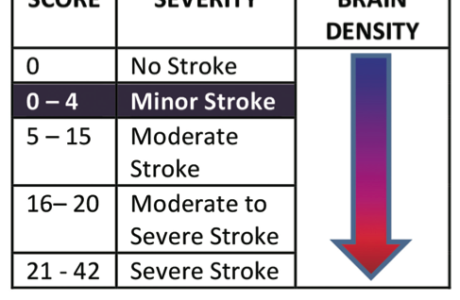
Introduction The National Institutes of Health Stroke Scale (NIHSS) is probably the most widely used assessment tool for determining the severity of stroke on neurological...

Introduction Clinically, muscle tone is assessed by judging the resistance of a patient’s limb to passive stretch. Damage to the descending motor pathways that terminate...